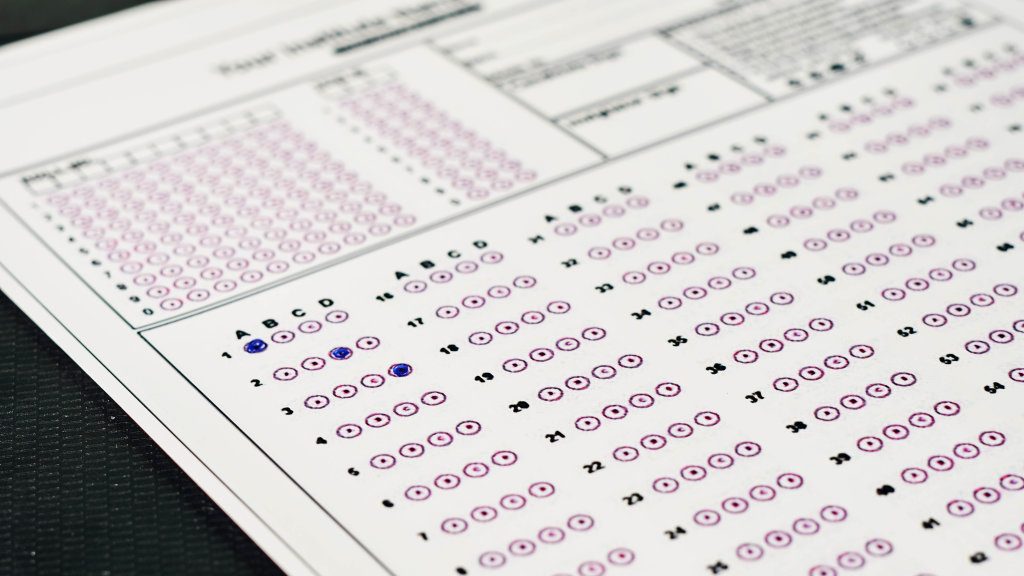Created Equal: Measuring the value and implications of standardized tests
Cary Junior II September 13, 2024How much weight do these tests actually carry, and what do they fail to tell us about student achievement? An education expert joined the show to discuss.

Over the last 20 years, education experts have increasingly questioned whether standardized tests are the best way to measure how students perform.
Subscribe to Created Equal on Apple Podcasts, Spotify, Google Podcasts, NPR.org or wherever you get your podcasts.
During the COVID-19 pandemic, a number of institutions let high school students decide whether to submit their standardized test scores with their admission applications, and many colleges and universities continue to have “test-optional policies” today.
So how much weight do these tests actually carry, and what do they fail to tell us about student achievement? This week on Created Equal, we were joined by Elaine Allensworth — a researcher who has studied testing and other measures of achievement for 20 years — to discuss America’s affinity for test culture and the shortcomings that come with it.
Allensworth says standardized tests can often be overused and over interpreted to the point of causing adverse effects on students and classroom instruction.
“There’s so much in school that is not captured on standardized tests and can’t be captured on standardized tests,” she said. “…beyond that, how students perform in the test is also affected by a lot of factors other than those specific academic skills that we intend to test.”
Guests:
- Elaine Allensworth, Lewis-Sebring Executive Director of the University of Chicago Consortium
Listen to Created Equal with host Stephen Henderson weekdays from 9-10 a.m. ET on 101.9 WDET and streaming on-demand.
Support Detroit Public Radio.
WDET is celebrating 75 years of people powered radio during our 2024 Fall Fundraiser, now through Sept. 24. Become a member and invest in WDET’s next chapter of news, music and conversation.
Author
-
Cary Junior II is an audio journalist and producer for The Metro on 101.9 WDET. Cary has worked as a producer or host on a number of projects. His work includes short and longform audio, documentary series and daily radio. In his five year career in journalism he has worked for Crooked Media, the Detroit Free Press, and now WDET - Detroit's NPR station.
